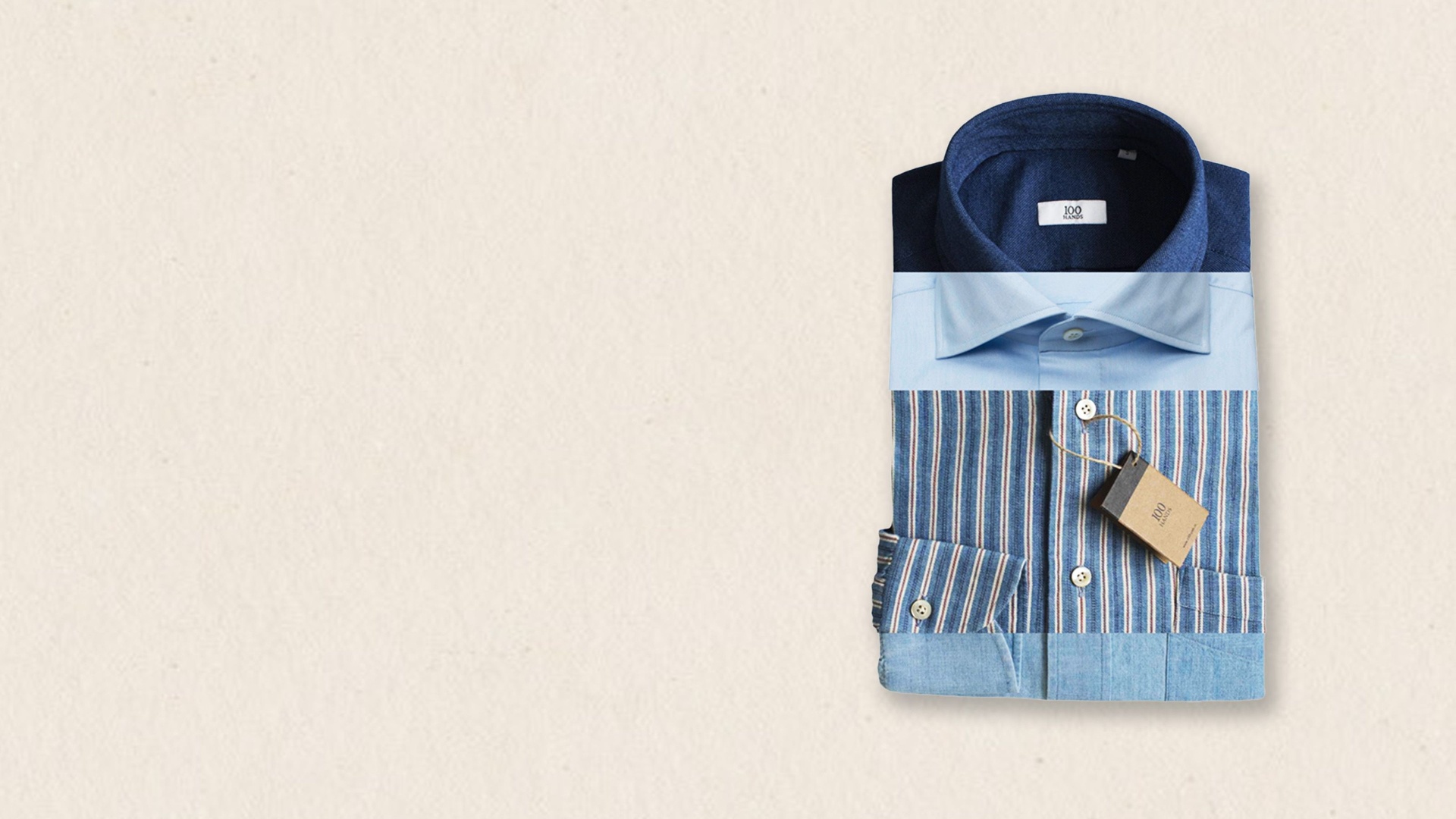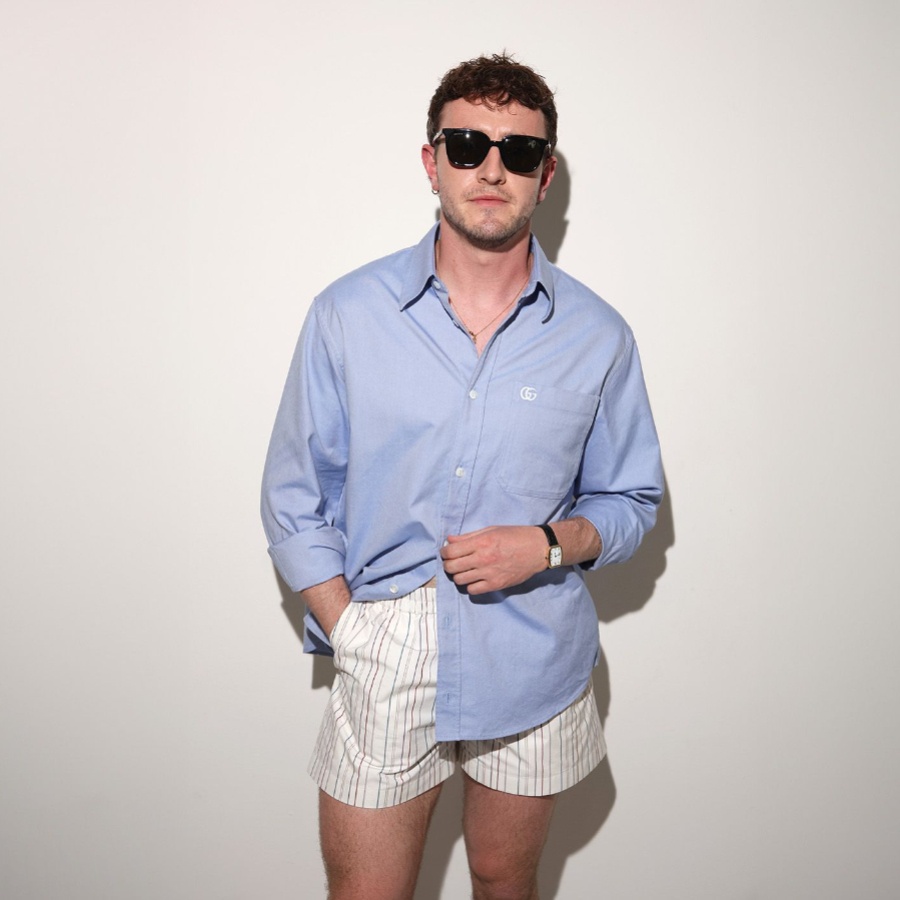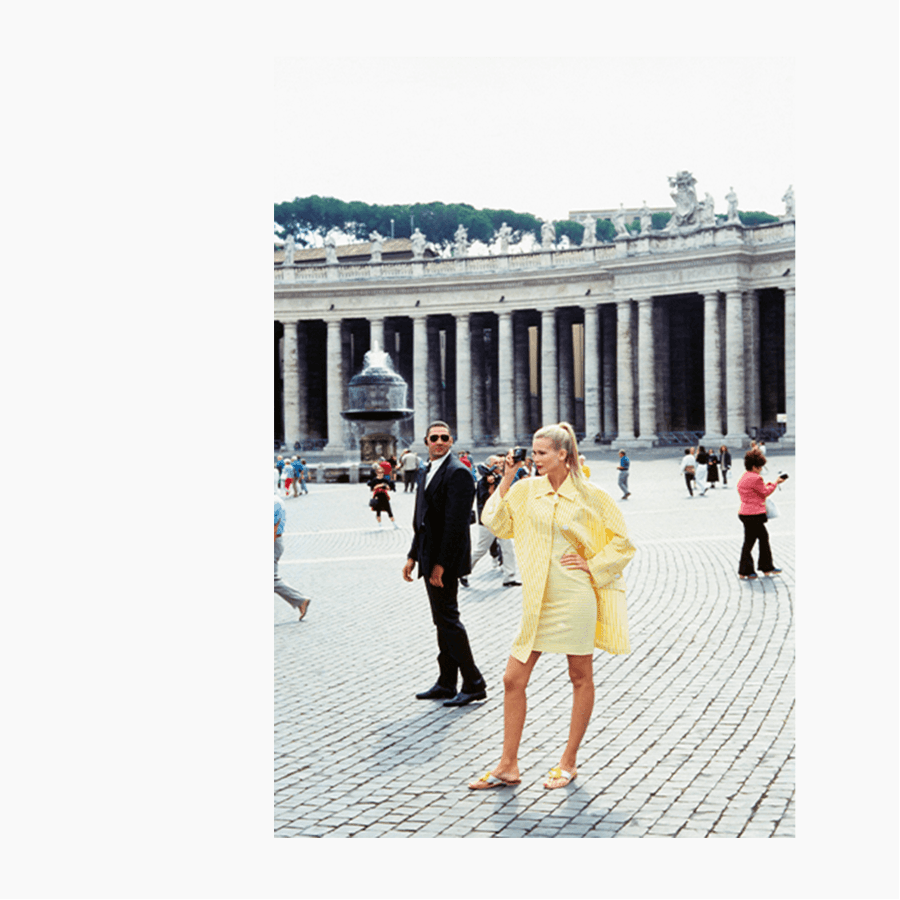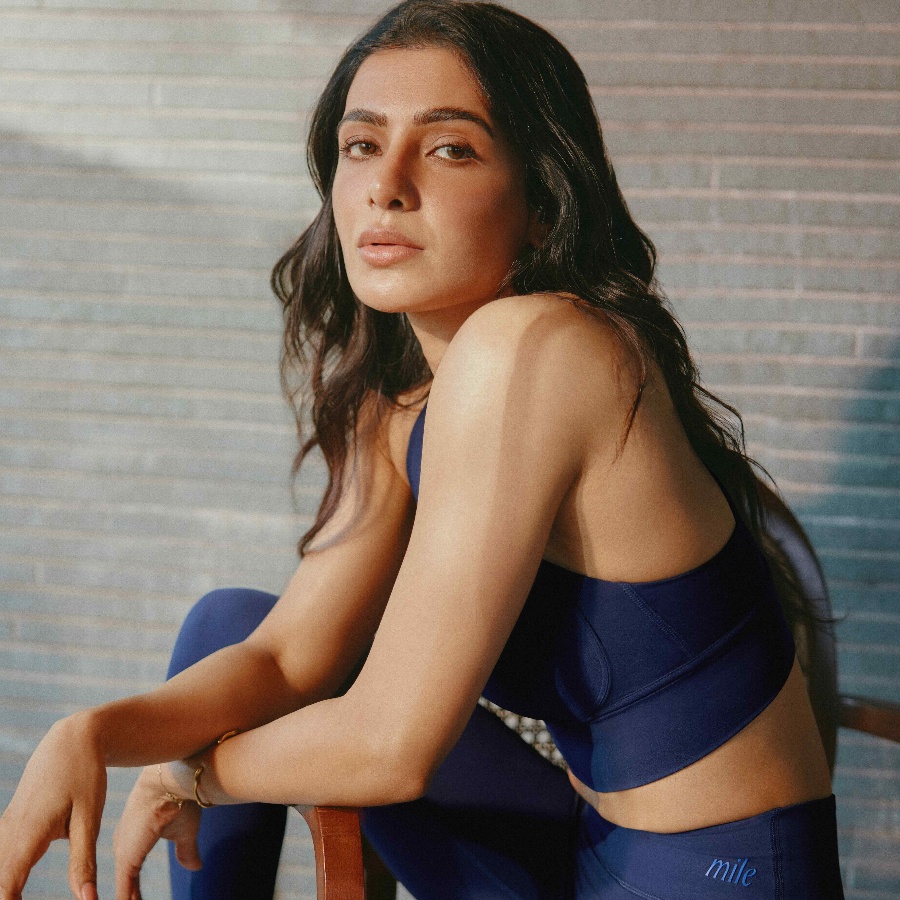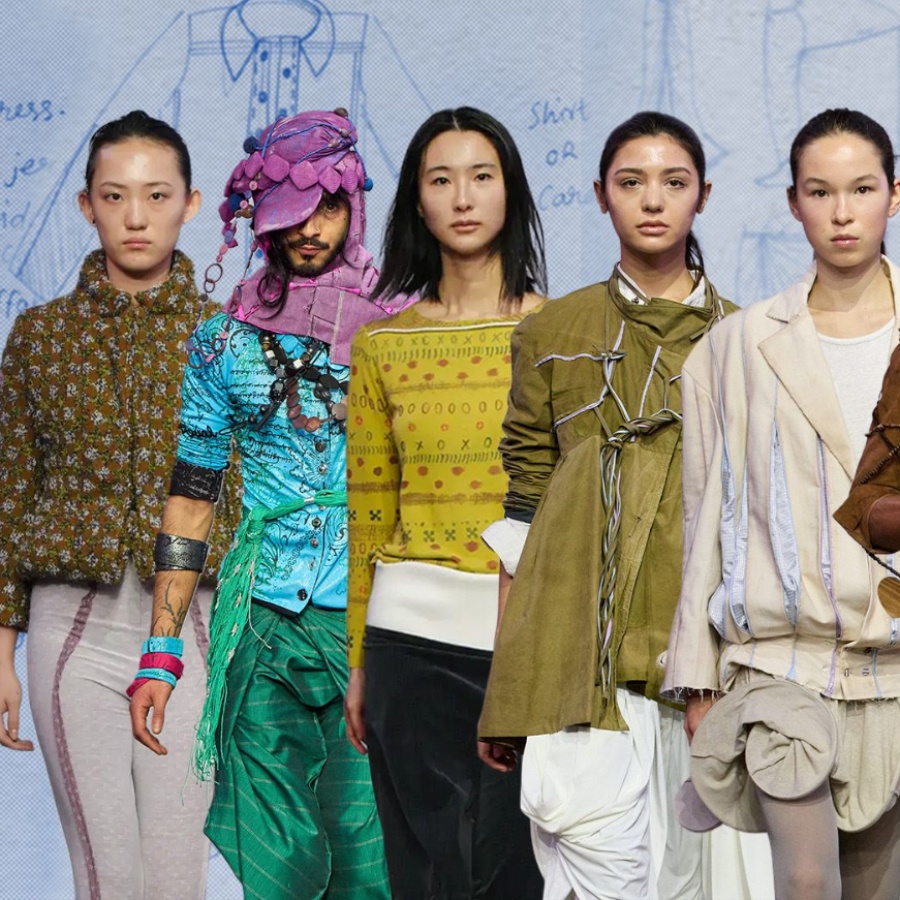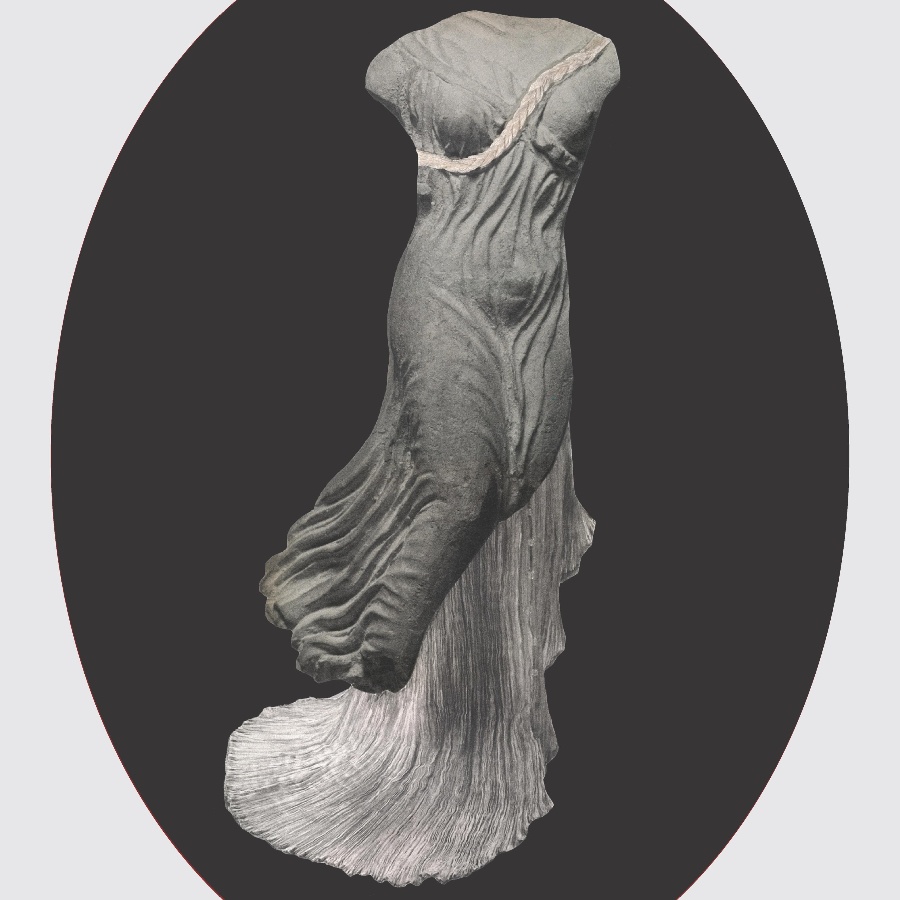Nine years after he launched 100Hands with his partner Varvara, Akshat Jain feels that he has a sense of the direction their handmade shirt company will take in the future. A lot of that clarity comes from selling out at Harrods over the last two seasons, apart from the rare distinction of being the only Indian luxury menswear brand to be sold at the iconic British department store at the end of last year. His company, which is based in Amsterdam and makes its shirts in Amritsar, repeated this feat earlier this year at Bergdorf Goodman in New York.
“Unlike boutiques, customers at department stores are driven by big brand names—Brioni, Tom Ford, Kiton. Harrods, in that sense, was an indication that people are asking for our shirts,” says Jain. And finally, there was the call from Galeries Lafayette, which wants to onboard them for their upcoming stores in Mumbai and Delhi (look out for that later this year). “Until now, we were thinking we would be a nice, niche luxury shirt brand,” he adds about that call from the Parisian department store chain. “This is getting to be bigger than we thought it would be.”
Two strands run through this uncommon story of an Indian shirtmaker, set up by two former investment bankers, going up against the Italian and the British brands, and proving to be an equal. The first one is globalisation and the other is the Jains’ sustained tenaciousness that saw them vault over high walls into the insular world of luxury menswear.
Named after the number of hands each shirt passes through, 100Hands began life in Amritsar as a contract-manufacturing offshoot of an over 160-year-old cotton spinning and yarn trading family business. The Jains had an atelier of five exceptional tailors who stitched clothes for the family and their friends. They were so good, says Jain, that at the beginning of the last decade, the couple started talking to tailoring specialists in Holland to see if they were interested in outsourcing some of their work to them. The cost arbitrage made sense; the first client to sign on was a Dutch menswear boutique. In 2013, Chittleborough & Morgan, a much-admired Savile Row tailoring outfit, came on board and as such stories go, more boutiques across the world followed suit. All of which made the Jains think exactly what many Indian companies in the global luxury supply chain are now thinking: why not launch their own brand?

100Hands founders Varvara and Akshat Jain
100Hands’ ready-to-wear, made-to-measure, and custom-made shirts cost between ₹30,000 and ₹45,000. They are studded with details noticed only by the hard-to-please: hand-rolled bottoms, rotated sleeve attachments for a better fit, and a high per-inch stitch count of 25. The shirts take anywhere between 16 and 35 hours to make and use criminally fine material; among them, linen from Belgium and France and plush, three-ply fabrics (most shirts are made of two or even just one-ply textiles). Their fit is highly rated. Simon Crompton, a UK-based journalist who writes about classic tailoring at the popular menswear website Permanent Style, once said that the company makes possibly the world’s finest shirts. But despite so many strings to their bow, in the initial years, similar to Amrut Distilleries’ experience with its Indian single malt, 100Hands encountered a cold scepticism at luxury department stores and boutiques across Europe and Japan.
Entrepreneur Suresh Ramakrishnan says he can relate to their experience. Ramakrishnan and his brother Mahesh, former New York-based executives, set up Whitcomb & Shaftesbury on Savile Row in 2004. “People in such spaces are fiercely protective of their craft and suspicious of outsiders. There is always a covert scepticism, you have to earn your way in,” says Ramakrishnan, whose suits, constructed both in Chennai and in London, have been worn by the likes of Richard Gere and Jude Law.
It took 100Hands almost two years to land their first client, a Dutch luxury boutique. And that was around 2016. Today, besides Harrods and Bergdorf Goodman, their shirts are available in over 200 stores globally and their client list includes the likes of Sachin Tendulkar, Adi Godrej, and C-suite executives across Europe and elsewhere. 100Hands, which is audited by the Fair Wear Foundation, a non-profit that monitors the working conditions for employees of the garment industry, currently services over 90 clients from round the world and makes about 90,000 shirts a year. These include top tailors on Savile Row and French menswear house Camps de Luca. Its original atelier of 10 tailors has now grown to include 250 master cutters, pattern masters, and manual stitching experts.
Jain is especially proud of their body of work with yarns and their ability to use their generational knowledge, which, he says, help them stand apart. “The mills mostly provide the same material to everyone. But we tweak or blend the yarn to obtain a certain structure or look. For example, cotton with the texture and feel of linen,” he says. With his brand gaining altitude, the couple are reconsidering their initial resolve of restricting 100Hands to just handmade shirts. Jain plans to “play around with a whole different silhouette for the jacket and trouser” and create a full bespoke service in a new factory that will come up adjacent to their existing facility. “I see it as a lot of soft tailoring,” he says. “Suits for people who don’t want to look like they are wearing one.”
